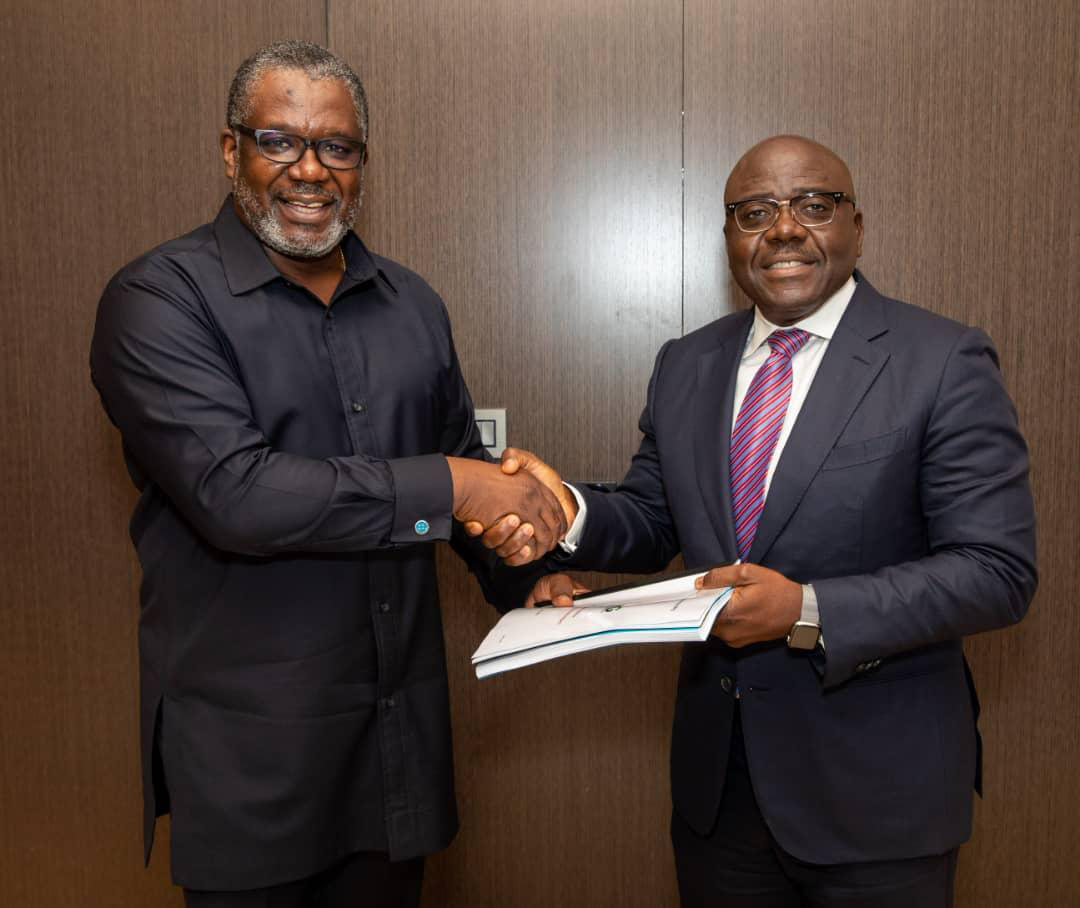Editorial
Managing Nigeria’s Population

Against the backdrop of this year’s World Population Day to be observed on Sunday, 11th July, 2021, the United Nations (UN) has informed on the urgency for people and states to be circumspect about the ungovernable growing populace of the world. Current estimates the world body projected indicate that no fewer than 83 million people are added to the global population each year.
According to the UN, the world’s population is assumed to reach an alarming 8.6 billion in 2030, 9.8 billion in 2050 and 11.2 billion in 20100, supporting the medium-variant forecast. Based on this projection, states have been fully cautioned to promote attendance in this year’s anniversary to enhance consciousness and foster realisation of specific population issues.
Issues such as the impact of family planning on the rising populace, gender parity, maternal and infant health, poverty, human rights, sex education, contraceptive usage and safety procedures, like contraceptives, reproductive health, teenage pregnancy, girl-child education, teenage marriage and sexually transmitted infections have been pinpointed as mandatory to accomplish beneficial global population control and regulation.
Characterised by the theme: “Rights and Choices Are The Answer: Whether it is a baby boom or depression, the solution to changing fertility is to give priority to the reproductive health and rights of all”, the World Population Day was ratified in 1989 by the Governing Council of the United Nations Development Programme (UNDP) to direct attention to the contingency and significance of population matters.
Sources have acknowledged that it took hundreds of thousands of years for the world population to advance to 1 billion. Then in just another 200 years or so, it increased sevenfold. In 2011, the universal population attained the seven billion mark, and today, it stands at 7.7 billion. Given this scenery, many states are showing growing apprehensions over changing fertility rates.
This growth has been stimulated by multiplying collections of people remaining to reproductive age and has been accompanied by considerable transformations in productivity projections, spreading urbanisation and boosting migration. These tendencies will have far-reaching ramifications for generations to come.
Of related consideration is Nigeria’s burgeoning population, which came under renewed focus when former President Olusegun Obasanjo advised against population explosion in the country. According to the elder statesman, the nation’s population was growing into a liability because of its improper management and warned that, except something was done, they might declare Nigeria the third-largest state in the world.
Obasanjo’s reprimand was appropriate and in tandem with reality. An International Monetary Fund (IMF) statement, as contained in its World Economic Outlook released after the IMF/World Bank Annual Meetings, should prompt Nigeria to cease ignoring its population crisis and come up with innovative strategies to harness and check population increase for speedy advancement.
In 2017, the IMF saw some positive proofs of recovery, and it explained that this would enable Nigeria to outperform its mainland competitor, South Africa, in terms of GDP growth. The indicators included the relative stability and moderate enhancement of the oil industry, with policy initiatives and sufficient rain, as well as the cost and expansion of the agricultural sector.
But the fly in the ointment was the population bomb. With the prevailing population increase rate at 2.60%, GDP must expand at a higher figure to promote the Human Development Index. According to the UNDP, huge populations can advocate development if well exploited, but badly managed can hinder progress and plunge most people in populous countries into poverty.
The UN’s 2017 World Population Prospects stated that Nigeria had a population of 185.59 million, ranking seventh, and would exceed 300 million by 2050, becoming the world’s third-largest population after India and China, replacing Indonesia, the United States and Pakistan. Additional estimates by the World Bank stated that Nigeria’s per capita GDP was US$2,178. Despite being the strongest economy in Africa, it was, nevertheless, a poor country. Both South Africa and Egypt had per capita GDP of US$5,273 and US$3,514 respectively.
Therefore, to make substantial progress, Nigeria must manage its population. China and India have demonstrated right the late Chairman Mao Zedong’s aphorism that “a country’s greatest wealth is its people” by traversing from poor, agrarian economies to become the world’s second and seventh-largest economies by exploiting their vast pool of cheap labour to mass-produce agricultural, mineral and consumer goods.
There is a serious demand for a rejuvenated determination and political will to enforce the National Policy on Population for Sustainable Development outlining a sectorial strategy to deal with our multiplying population, rolled out in 2004, but abandoned thereafter. Nigeria should quicken and reinvigorate its family planning programme of four children per couple, promoted by General Ibrahim Babangida’s military administration.
Governments at all levels must join hands and work with donors, NGOs, and local communities to go over all parts of the country and reduce cultural and religious assumptions encouraging ownership of so many children. This should be followed by effective economic plans for modern agriculture, manufacturing, and innovation. The population of an advanced modern society abhors having many offspring.
Editorial
Beyond Accessing Bonny By Road

Editorial
Time For GL 17 In Rivers

Editorial
For A Prosperous 2026

-

 News4 days ago
News4 days agoOji Clears Air On Appointment Of 15 Special Advisers By Fubara
-

 News4 days ago
News4 days agoNigeria Has Woken Up From Slumber Under Tinubu – Shettima
-

 Featured4 days ago
Featured4 days agoRivers: Impeachment Moves Against Fubara, Deputy Hits Rock …As CJ Declines Setting Up Panel
-
City Crime4 days ago
Health Commissioner Extols Fubara’s Commitment To Community Healthcare Delivery
-
News4 days ago
Nigeria To Begin Exporting Urea In 2028 -NMDPRA
-
Niger Delta4 days ago
Tinubu, Leading Nigeria To Sustainable Future – Okowa … Lauds Oborevwori Over Uromi Junction Flyover Construction
-

 News4 days ago
News4 days agoKing Jaja Impacted Beyond Rivers -Deputy Gov
-
News4 days ago
US – Nigeria Security Engagement Translating Into Tangible Operational Gains – NSA

